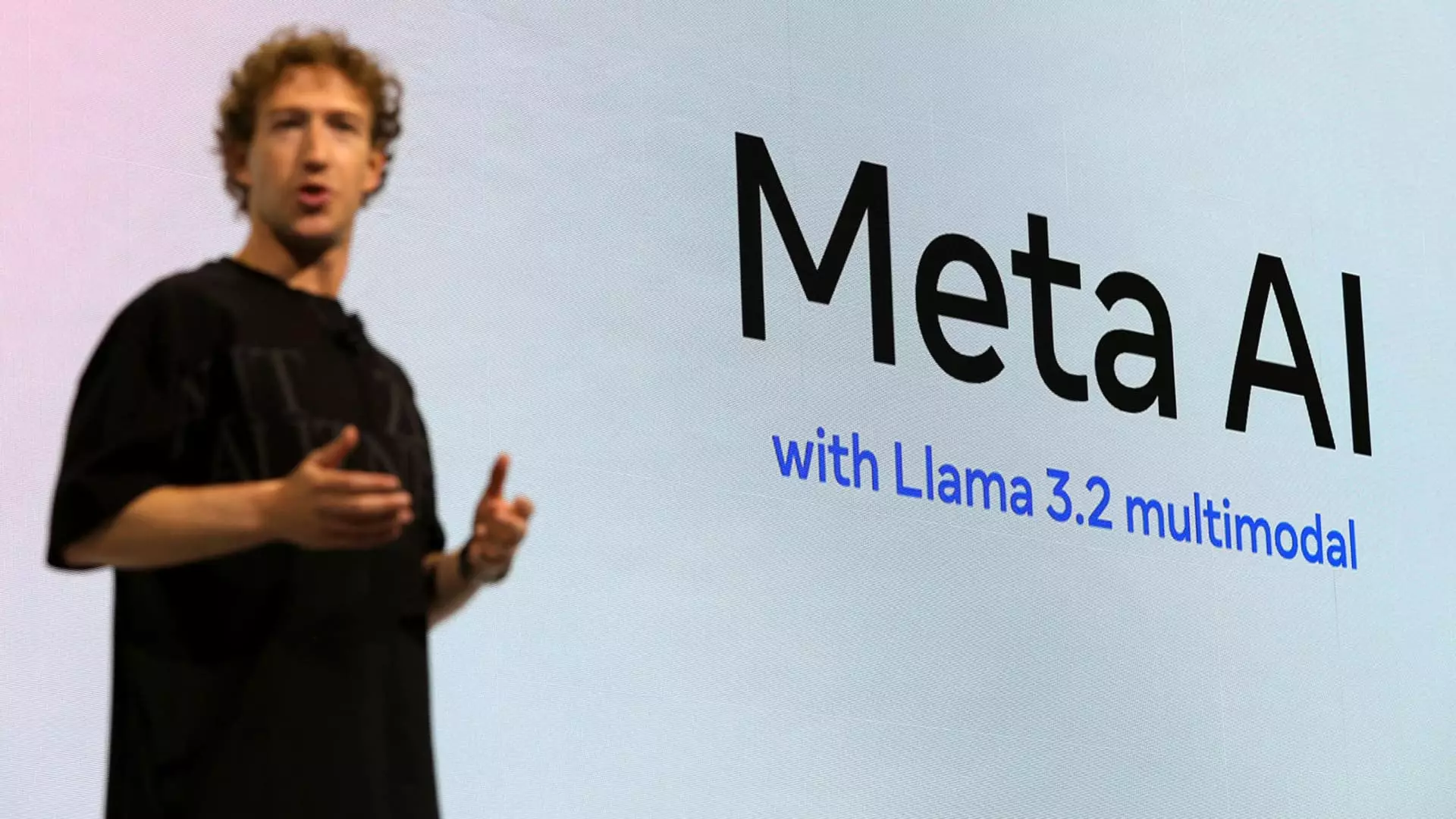In a groundbreaking ruling this week, U.S. District Judge Vince Chhabria granted Meta a significant legal victory in its ongoing battle against a group of authors, including notable voices like Sarah Silverman and Ta-Nehisi Coates, challenging the company’s use of copyrighted materials to train its Llama artificial intelligence model. While the decision has been heralded as a triumph for innovation, it illuminates a troubling paradox: the notion of ‘fair use’ may now serve as both a shield for corporations and a sword against individual creatives. While many may applaud the ruling for promoting technological advancement, we must confront the unsettling implications that stem from diminishing the rights of those who produce original works.
Judge Chhabria’s ruling rested on the idea that Meta’s utilization of books fell under the fair use doctrine of U.S. copyright law, allowing the company to continue using copyrighted texts for its large language models (LLMs) without seeking explicit permission. This stance, ostensibly a boon for the transformative potential of technology, poses a significant risk to the very fabric of creative industries. Meta argues that open-source AI development fosters innovation and creativity, yet we must consider: at what cost does this ‘progress’ come to the original authors whose works fuel such technological marvels?
Judicial Reasoning: A Slippery Slope
Chhabria’s reasoning, while rooted in legal precedent, reveals a troubling detachment from the realities faced by authors in the digital age. He asserted that the plaintiffs’ claims of market harm were insufficiently substantiated, implying that the economic impact on writers could be deemed negligible. However, the narrow interpretation of market harm leaves the door ajar for significant exploitation. In essence, by permitting corporations to siphon creative labor under the auspices of fair use, we risk erasing the financial viability of writing as a profession. Judge Chhabria’s observation that the ruling only affects “these thirteen authors” creates a false sense of security; in reality, it paves the way for a broader infringement that could threaten the livelihoods of countless writers across the nation.
Furthermore, the judge’s dismissal of the argument that curtailing such uses would harm public interest is misguided. To assert that halting the unregulated use of copyrighted works would impede the development of LLMs is to disregard the sustainability of creative ecosystems upon which these technologies depend. The current ruling not only emboldens Meta and similar corporations but also sets a disconcerting precedent that could ultimately undermine ethical considerations in AI development.
The Future of Copyright: A Double-Edged Sword
The implications of this ruling extend beyond this singular case, revealing the precarious balance between technological advancements and the protection of intellectual property. Judge Chhabria’s statement leaves open the possibility for future lawsuits from other authors, yet hesitations linger. While the door has not been locked, the fear remains that the judicial system may continue to favor corporate interests over individual creators. It is a stark reminder that in a landscape governed by algorithmic advantages, the voice of the independent author can easily be outmoded.
In a world where literary works can be downloaded, analyzed, and utilized by corporations without consent, the integrity of authorship itself is jeopardized. The recent ruling has encouraged a sense of urgency among creatives to advocate for their rights. Unlike algorithms that learn from patterns, authorship is an expression steeped in culture, emotion, and skill. It’s imperative that we recognize the inherent value of creativity and grant it the protection it so desperately needs.
The challenge lies ahead—not only in how we safeguard authors in an era of corporatized AI but also in how we ensure that innovative technologies are developed ethically. The landscape is evolving, and it is crucial that we as a society remain vigilant against the seductive allure of technological progress at the expense of human creativity.
Ultimately, as we embrace the future of artificial intelligence, we must also recognize that the true power of innovation comes from respecting intellectual rights—not undermining them in the name of cost-free advancement. It is time to question who benefits from this paradigm of fair use; if we do not speak up, the cultural narratives that inform our humanity risk being overshadowed by profit-driven algorithms.


Leave a Reply